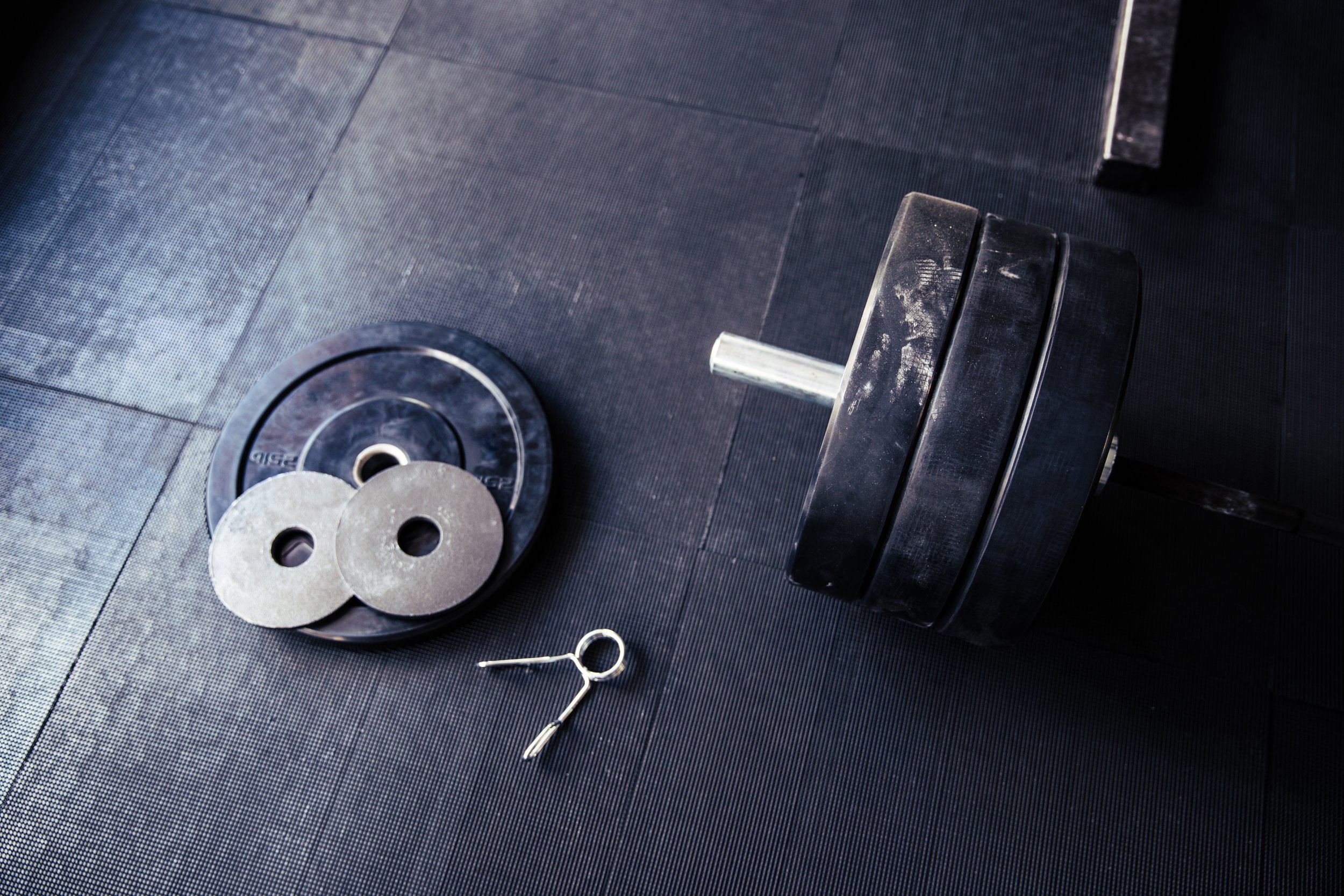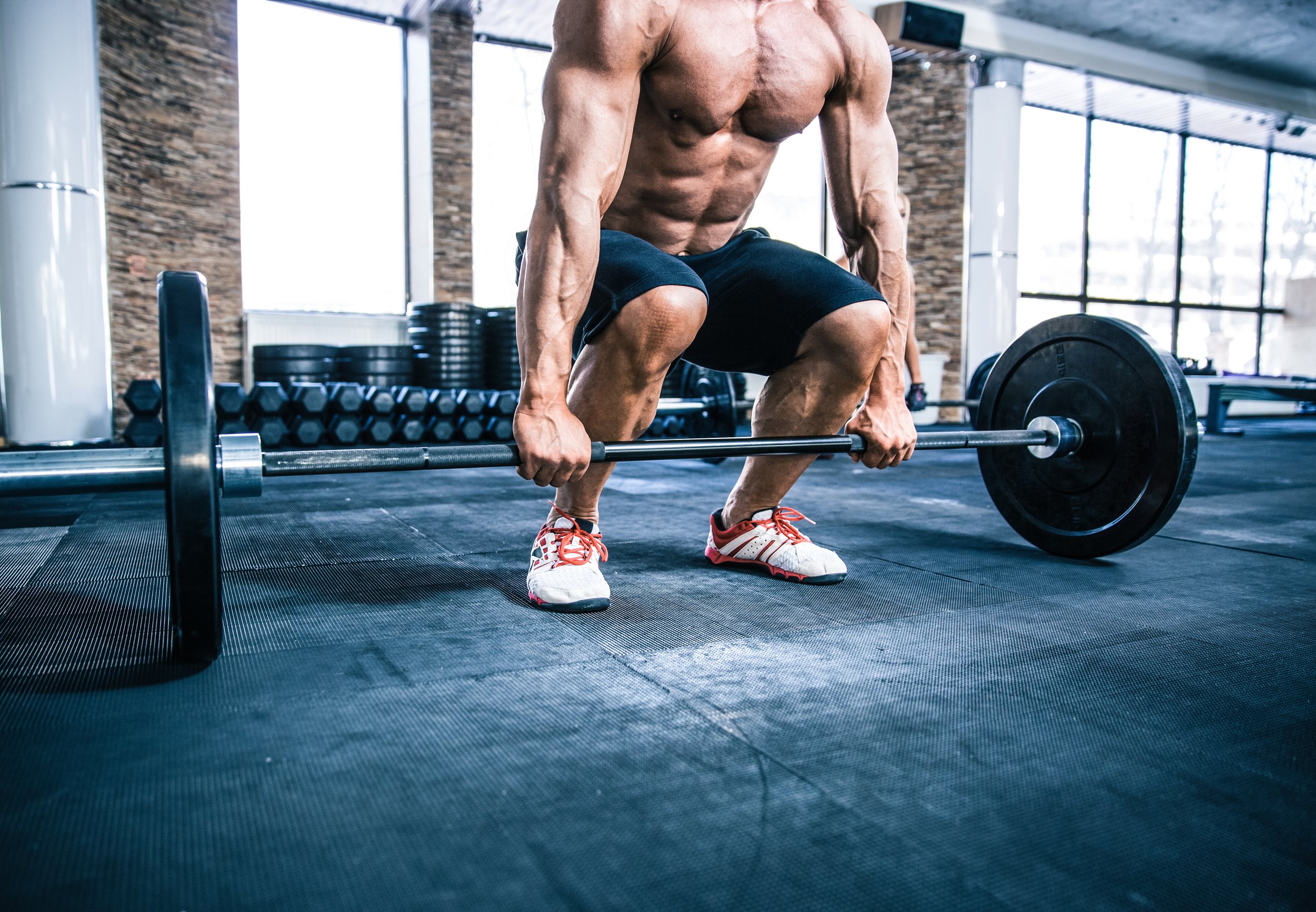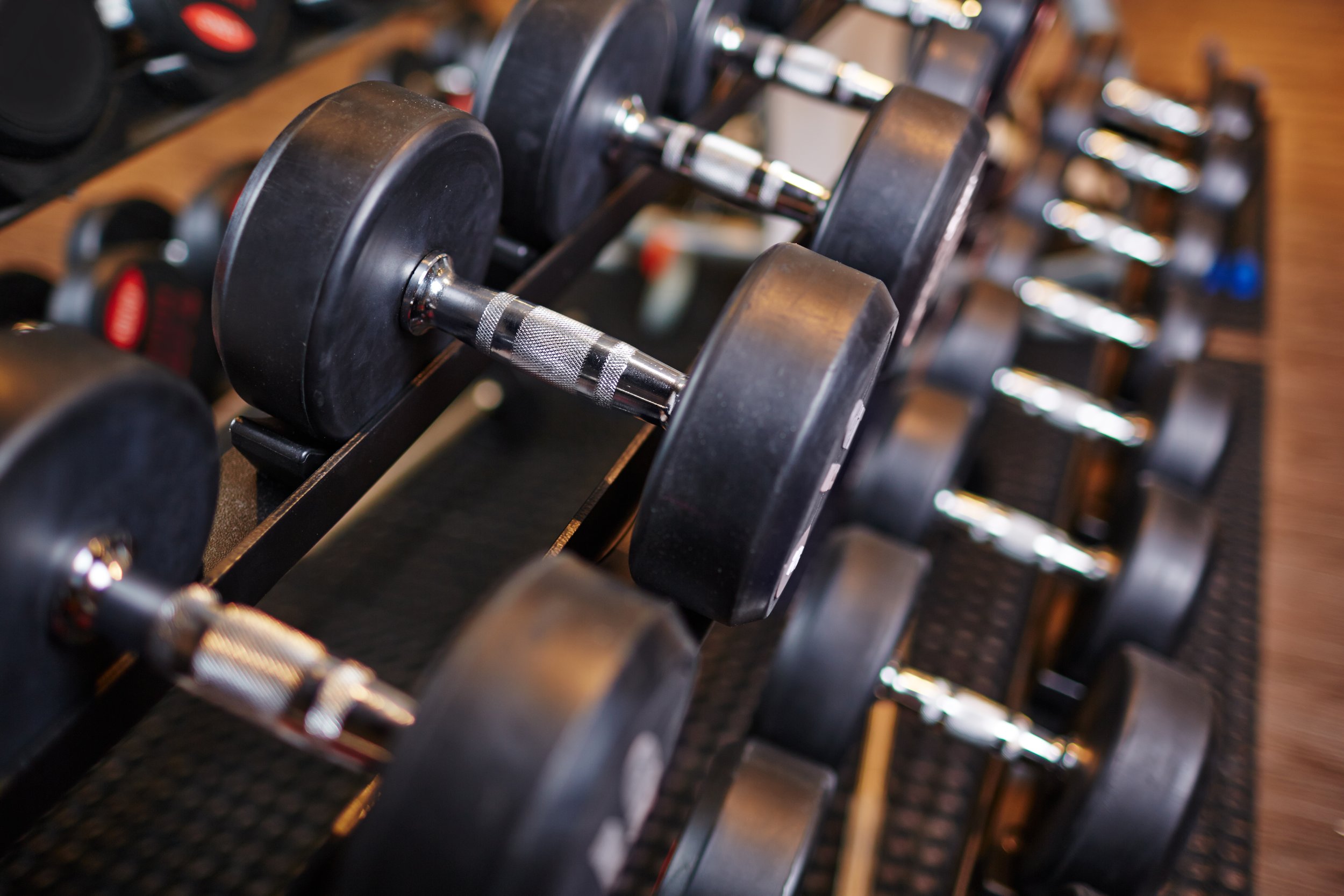The most important factor in exercise for weight loss is simply showing up
Takeaway Points:
There’s a lot of argument about what the right kind of exercise is, if you want to lose weight.
The answer is, it probably doesn’t matter - so long as you’re actually exercising consistently.
Different activities can certainly have different secondary effects aside from burning calories, and this should be considered in the context of what goals you have for your training aside from weight loss.
Recently, I received an email from a reader who was very concerned that she wasn’t doing enough in the gym to support her goal of losing weight.
She asked what she should improve in order to lose more weight - so I asked what her current strategy was. She answered that she had been consistently going to the gym for a few years, but was worried that the training she was doing in the gym (3-4 training sessions per week) was not enough, or the right kind of activity, to support her goal of losing weight.
The answer is pretty simple - it really doesn’t matter that much. It matters way more that you show up and put in the effort.
Cardio vs Lifting
There’s certainly a lot of argument about whether cardio or lifting is better - specifically, which burns more calories.
The truth is that yes, cardio can burn more calories, but this has to be taken in a much wider context.
For example, sprint intervals (sprinting as fast as you can, resting, and repeating) are highly efficient at burning a LOT of calories very quickly - but they’re also very high intensity, and burn you out very quickly. I can personally attest to training sessions where 4-8 sprint intervals of 30 seconds fast, 1 minute slow (a somewhat tame sprinting protocol) would often knock me out for a solid 20-30 minutes afterwards. To compare, I could probably run at a steady pace for 30 minutes and burn more calories overall, while likely feeling less burnt out.
Likewise, while cardio can often burn more calories per unit of time spent compared to lifting weights, lifting weights will provide a lot of other benefits (joint and tendon strength, bone health, strength, muscle mass) which can compound over time. In particular, building up your muscle mass will also help keep your expenditure up, burning more calories over time even while you’re asleep.
If your goal is to lose weight, however, neither of these matter too much - yes, you COULD burn a bit more calories via cardio, but ultimately it won’t matter, because the thing that matters way more, is managing your diet.
Diet is More Important
Let’s say that you’re arguing about how much more calories cardio burns versus lifting - and let’s say (entirely theoretically) that it could come out to an extra 200 calories a day.
Great! A pound of bodyweight is roughly 3500cal on average, so this means that theoretically, by burning an extra 200cal/day, this means that you’re burning an extra pound every 17.5 days.
But here’s the problem - in most cases, burning more calories with exercise doesn’t actually equate to that amount of weight loss.
There are a few reasons for this.
One is that your body is decently good at knowing how many calories you need to eat (especially if you’re avoiding calorie dense foods which can confuse it), and this means that when you burn 200 additional calories per day, it will just increase your hunger levels so that you eat more.
Another is the constrained model of exercise expenditure - the reason why you can’t just “move more” to lose weight. I’ve written a whole other article about that, but the short version is that when you’re in a calorie deficit and your energy expenditure from exercise increases, your body will automatically start doing things to inhibit your expenditure outside of the gym, resulting that you burn fewer calories per unit of exercise than expected.
You might hear this and assume that this means that it’s not possible to lose weight at all from movement - that’s not true. OF COURSE you can lose weight from movement - it’s just not as fast and simple as burning an extra 200cal/day from cardio.
This is because ultimately, at the end of the day, the largest driver of weight loss is managing your diet. It’s important to exercise in order to maintain muscle mass and keep your energy expenditure up, and make your diet more sustainable by allowing you to eat more calories per day, but managing and reducing your calorie intake will be more important than anything you do in the gym.
For example, a 200lb person might go for a 30 minute run at a decent 5mph pace, and burn about 300cal. This will certainly tire you out, and not be something that you could repeat indefinitely. But you could easily eat 300cal in a few minutes by chowing down on a single slice of pizza - usually, it would be easier not to eat the slice of pizza, than to spend 30 minutes of intense activity burning it off.
Why Not Both?
Both cardio and lifting weights provide different health benefits, and in some ways, their benefits are synergetic, meaning that training them both can provide you better efficiency on time spent in the gym versus doing either alone.
There are strong diminishing returns to additional training for any fitness quality - this means that spending all your time training either lifting or cardio compared to just training 0.5x the time on both, is going to provide you some additional benefit for those qualities, but less than you’d expect given the amount of additional time spent training.
What this means, is that for all around health and athleticism, easily the best approach is just to do some combo of both.
The Overall Context Matters More
This is why it doesn’t really matter too much what you do in the gym if the goal is weight loss - all that matters is that you’re doing SOMETHING, and that you’re doing it CONSISTENTLY. If you’re thinking of training as the secret to unlocking weight loss, then you’re not going to succeed.
Instead, the far bigger factor is effectively managing your diet - avoiding highly calorie dense, hyperpalatable foods, focusing on home-cooked whole food meals rich in vegetables and high in protein, avoiding snacking, minimizing the amount of unnecessary sweets, and limiting your overall calories.
The easiest way to do this is to log your food, either with a simple food log, or a macro tracking app like our recommended app, MacroFactor.
Certainly, the kind of training you’re doing is important for other factors - if you have other training goals aside from losing weight, such as building muscle mass or strength, or getting better at running, then this can strongly influence what kind of training balance would be best for you.
But - chances are you don’t need to worry too much about what you’re doing in the gym if your goal is weight loss, so long as you’re showing up.
If you’re looking to get started with your own fitness journey, I’d highly recommend our 14 Day Unlearning Fitness Challenge. This is a 14 day video course intended to help you unlearn fitness industry BS and develop a solid base of knowledge about what matters most in order to see results with your training and diet.
About Adam Fisher
Adam is an experienced fitness coach and blogger who's been blogging and coaching since 2012, and lifting since 2006. He's written for numerous major health publications, including Personal Trainer Development Center, T-Nation, Bodybuilding.com, Fitocracy, and Juggernaut Training Systems.
During that time he has coached thousands of individuals of all levels of fitness, including competitive powerlifters and older exercisers regaining the strength to walk up a flight of stairs. His own training revolves around bodybuilding and powerlifting, in which he’s competed.
Adam writes about fitness, health, science, philosophy, personal finance, self-improvement, productivity, the good life, and everything else that interests him. When he's not writing or lifting, he's usually hanging out with his cats or feeding his video game addiction.
Follow Adam on Facebook or Twitter, or subscribe to our mailing list, if you liked this post and want to say hello!
Enjoy this post? Share the gains!
Ready to be your best self? Check out the Better book series, or download the sample chapters by signing up for our mailing list. Signing up for the mailing list also gets you two free exercise programs: GAINS, a well-rounded program for beginners, and Deadlift Every Day, an elite program for maximizing your strength with high frequency deadlifting.
Interested in coaching to maximize your results? Inquire here.
Some of the links in this post may be affiliate links. For more info, check out my affiliate disclosure.







